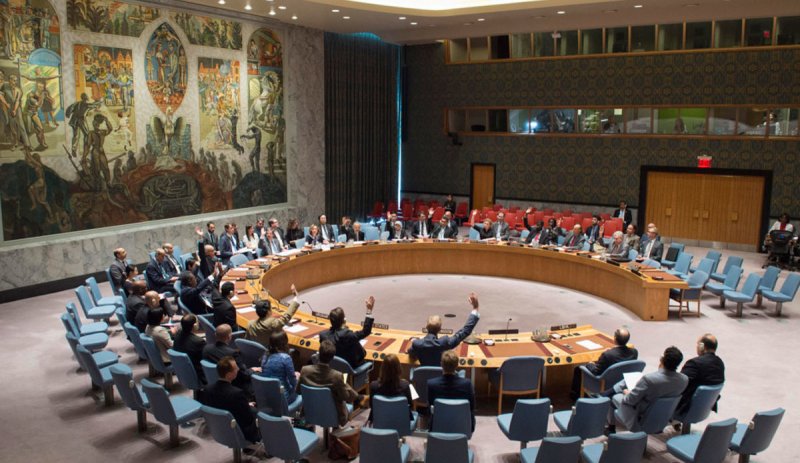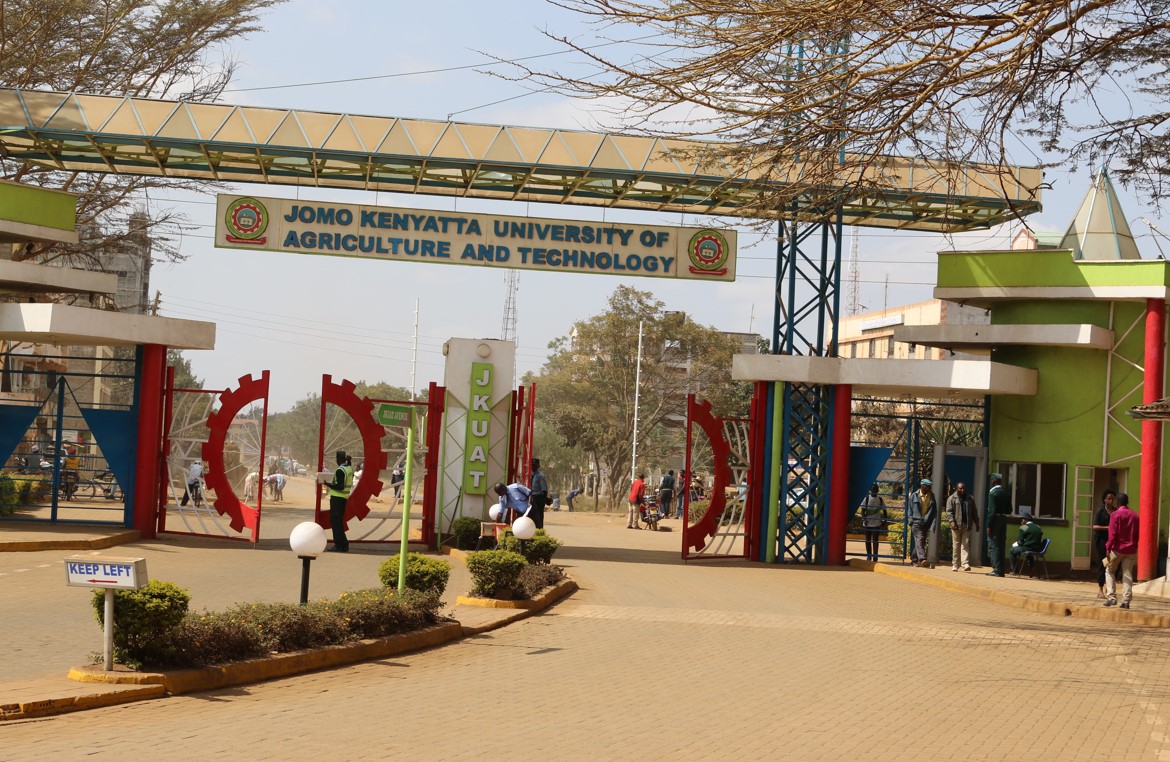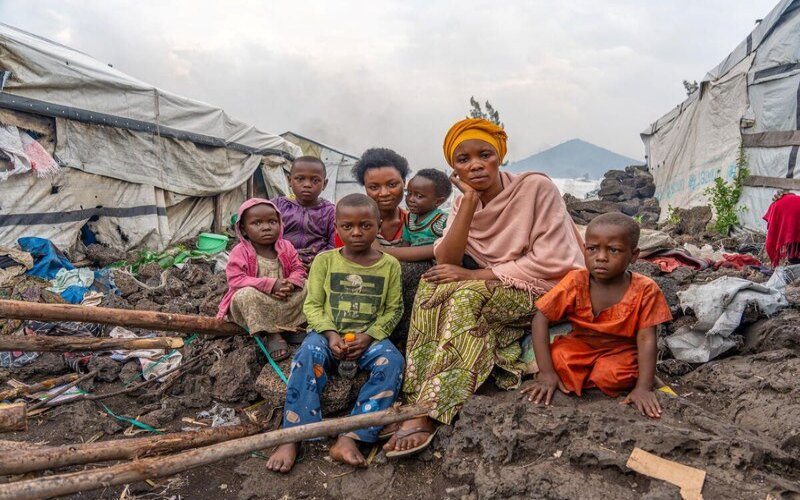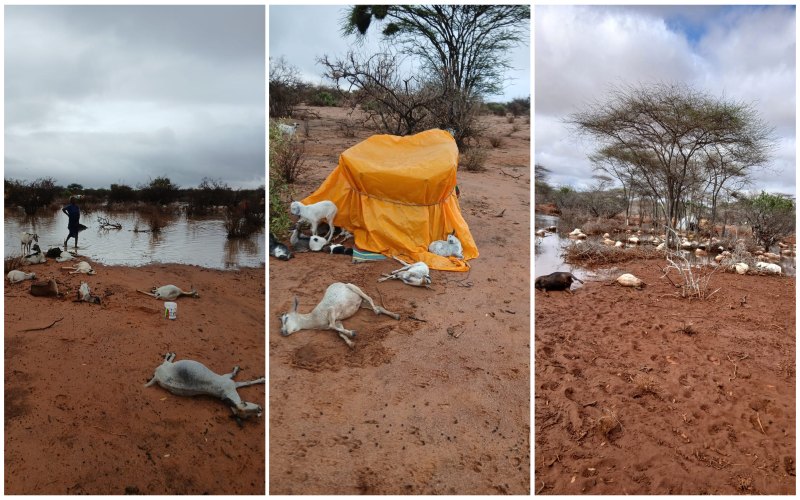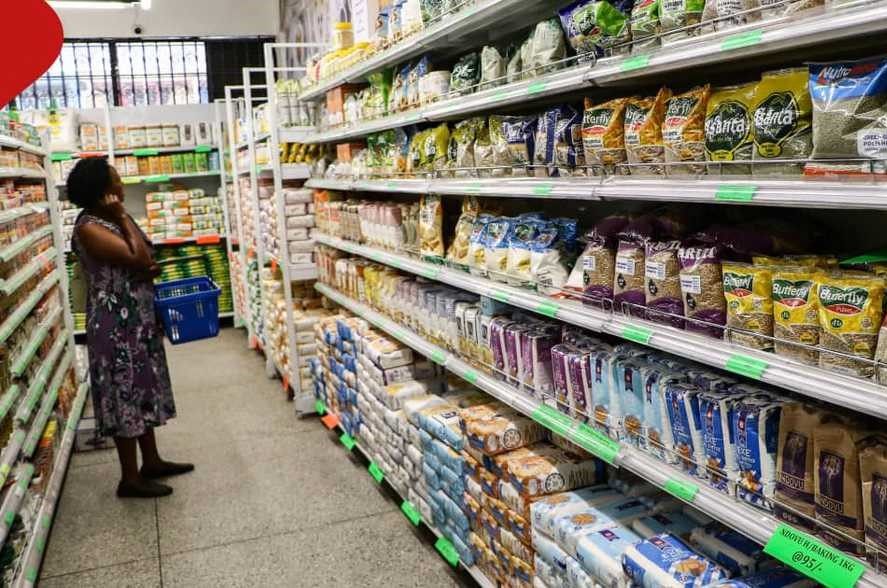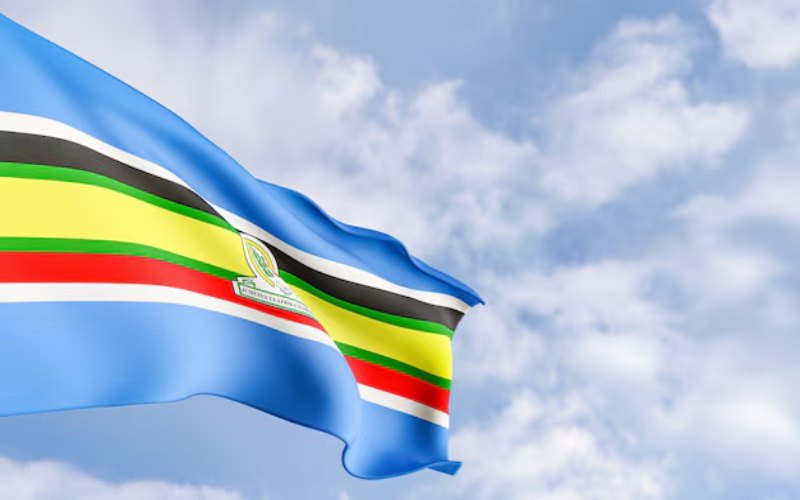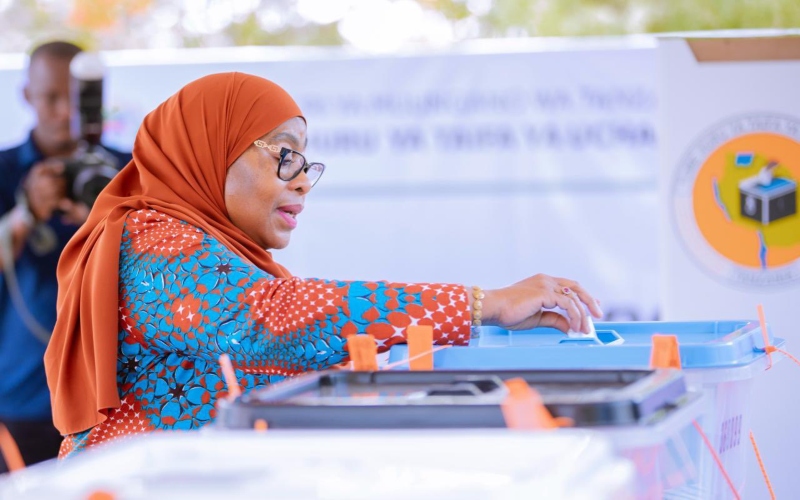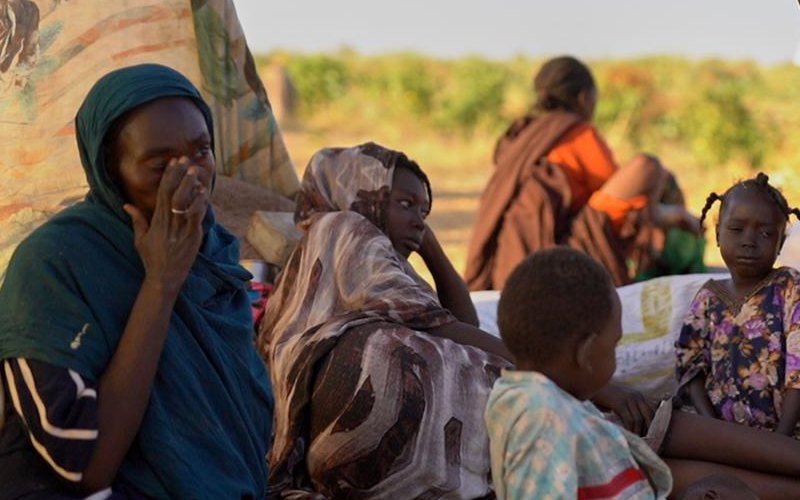Kenya losing Sh194 billion annually to corruption - AfDB

The African Economic Outlook Kenya Country Focus Report, released in Nairobi, outlines how mismanagement, tax exemptions and weak oversight are reducing Kenya’s revenue base and weakening its ability to finance key sectors.
Corruption, illicit financial flows and inefficient spending continue to drain Kenya’s public finances, with the country losing up to Sh194 billion every year, a new report by the African Development Bank (AfDB) has disclosed.
The African Economic Outlook Kenya Country Focus Report, released in Nairobi, outlines how mismanagement, tax exemptions and weak oversight are reducing Kenya’s revenue base and weakening its ability to finance key sectors.
More To Read
- Funding shortage puts EACC’s anti-graft war at risk- Auditor General
- AfDB approves Sh9.4 billion to boost science, technology among Kenyan youth
- Court dismisses EACC bid to block Sh20.5 million fire engine tender payment
- Parliamentary Budget Office warns government borrowing risks slowing economic recovery
- State honours or dishonours: Inclusion of politicians with criminal past in the list sparks debate
- Africa launches first-ever climate commitment implementation index to track progress
It states that public spending inefficiencies alone cost the country at least Sh650 billion annually, equivalent to five per cent of its GDP, while revenue lost through tax incentives and exemptions stands at Sh105 billion each year.
These financial leakages, according to the bank, are pushing Kenya deeper into debt, with interest payments now surpassing allocations for essential services such as education and healthcare.
“Corruption and illicit financial flows cost the East African nation as much as $1.5 billion (Sh193.6 billion) annually, funds that could transform health, education, and infrastructure development,” the report states.
The bank points to state capture, where political elites influence law-making and enforcement, as a major barrier to reform. This trend, it notes, weakens the legal environment, discourages investors, and creates uncertainty that stifles economic progress.
“Investors fear biased rulings, delays, and lack of transparency, increasing operational risks and deterring investment,” AfDB said.
“Ultimately, the rule of law, upheld by robust law enforcement and an independent judiciary, remains the foundation for sustained economic growth, social equity, and public trust in governance.”
While AfDB estimates corruption-related losses at $1.5 billion (Sh193.6 billion), this is still below the Ethics and Anti-Corruption Commission’s assessment, which places the figure at Sh608 billion or 7.8 per cent of GDP lost each year due to corruption.
The report also highlights Kenya’s poor standing on the global corruption index. The 2024 Corruption Perceptions Index by Transparency International ranks Kenya 121st out of 180 countries, with a score of 32 out of 100.
This is only a slight rise from 31 the previous year and still falls below both the regional and global averages, which stand at 33 and 43, respectively.
Kenya’s corruption score has shown little movement over the years. A five-year review shows a negligible one-point increase since 2020. Since 1996, the country has averaged a ranking of 125.57, with the worst performance being 154 in 2010 and the best at position 52 in 1996.
Despite these governance setbacks, the AfDB remains cautiously optimistic about Kenya’s economic outlook. It projects the economy will grow by five per cent in 2025, driven by agriculture and the service industry. However, growth is expected to dip slightly to 4.8 per cent in 2026.
The report also warns that the benefits of economic growth are not being felt evenly across the population.
“Rising poverty, high unemployment, and growing inequality indicate that Kenya’s economic growth has not been fully inclusive,” it notes.
AfDB’s projections are more positive than those by the World Bank and the International Monetary Fund, which foresee growth slowing to 4.8 per cent.
For the African continent, AfDB anticipates GDP will rise from 3.3 per cent to 3.9 per cent in 2025 and to four per cent in 2026.
The bank attributes slower momentum to global trade tensions led by Washington, which could hurt African exports and destabilise supply chains.
Top Stories Today
